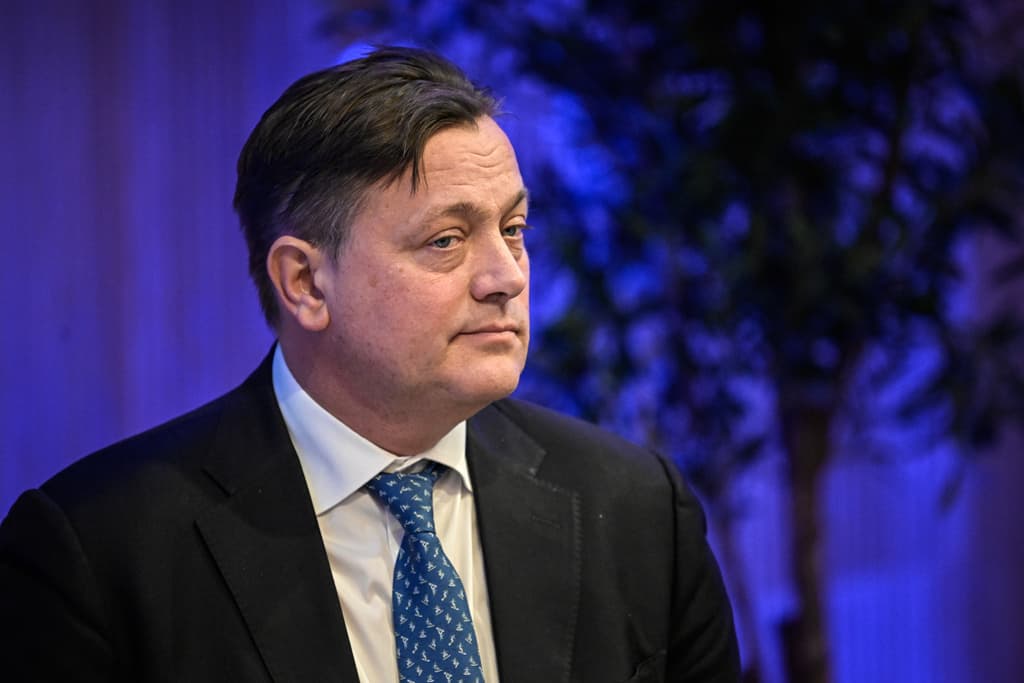There will be no interest rate cut on Thursday, according to some of the country's gathered experts.
But Mattias Persson, chief economist at Swedbank, believes it will be seen as a mistake in hindsight.
It should be an alternative, he says about a cut.
Prior to the Riksbank's new interest rate announcement on Thursday, the chief economists at SBAB, Länsförsäkringar, Swedbank, Handelsbanken, SEB, and Danske Bank agree that the interest rate will remain unchanged. They say so at an appearance during the Politics Week in Visby.
Alexandra Stråberg at Länsförsäkringar believes there is no reason for the Riksbank to surprise.
Rather "under-surprise", or make it as undramatic as possible. The only reason to surprise would have been if the macro picture had changed dramatically, and it hasn't, she says.
Mattias Persson at Swedbank, however, believes it will be seen as a mistake in hindsight not to cut now.
It should have been an alternative, which you completely shut the door on. But looking at the data and our forecasts, it shouldn't be entirely ruled out, he says.
Maybe August
He doesn't expect any major changes in the interest rate path either.
Which is a shame, I think. There will be small changes, but hopefully an opening for the next cut to be in August or September.
Christina Nyman at Handelsbanken, however, raises a warning finger for inflation.
Start a Trade War
The Finance Minister says the inflation battle is won. I absolutely believe we have the worst inflation, the really troublesome one, behind us. But I'm not as sure that it's stably down and that we can therefore cut interest rates as much as we want, she says.
Some warning signals on the horizon for inflation are, according to the chief economists, high national debts in countries like France and the USA, and if Donald Trump becomes president and makes good on his promises of various taxes and tariffs on Chinese goods.
It's a perfect way to start a trade war that can escalate and be inflation-driven, says Alexandra Stråberg.
Despite this, she is optimistic about 2025.
Then we'll be standing here and be really happy.
The interest rate will come down, inflation will have come down, and the labour market will be doing better. It's crucial for how people feel and whether they can manage their daily economy, she says.






